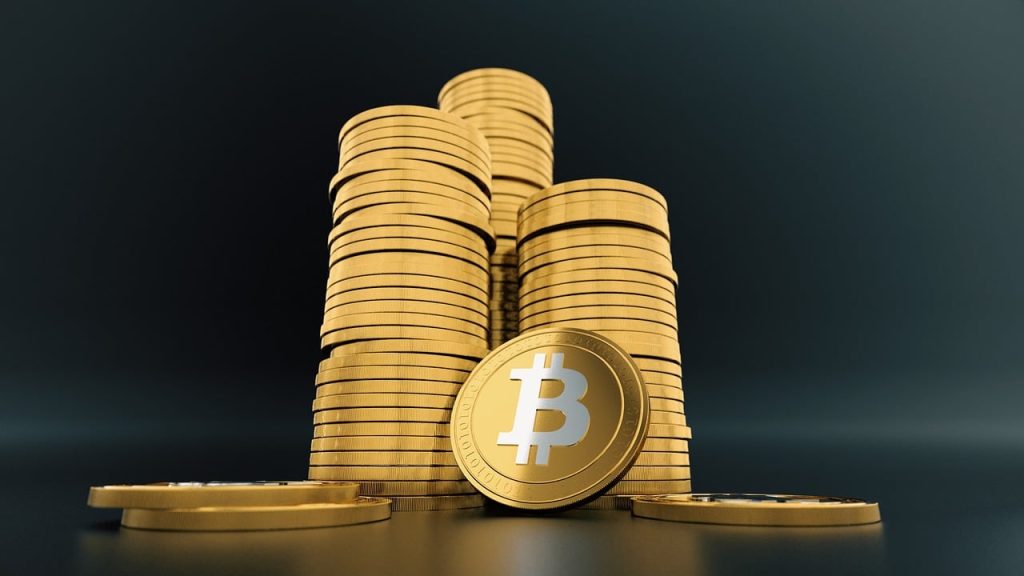Crypto Council Formed, But Legal Use Still Blocked
Pakistan’s central bank and finance ministry have confirmed that cryptocurrencies remain illegal. This confirmation came during a meeting of the National Assembly Standing Committee on Finance and Revenue.
Finance Secretary Imdadullah Bosal said that Pakistan has no legal framework for digital currencies. The government formed a Crypto Council to explore policies, but transactions involving cryptocurrencies remain banned. The State Bank of Pakistan (SBP) and the Securities and Exchange Commission of Pakistan (SECP) enforce the ban. Any future change must pass through parliamentary approval.
Lawmakers Criticize Mixed Signals
Some committee members expressed confusion over the government’s stance. Mirza Ikhtiar Baig questioned why officials encourage public interest in crypto while keeping it illegal. He warned that this could mislead investors and increase risks.
Mohammad Mobeen also criticized the inconsistency. He highlighted how the government supports crypto mining by allocating electricity, even though trading crypto remains banned. Mobeen noted that Pakistan Crypto Council CEO Bilal Bin Saqib met with global figures like U.S. political leaders, adding to the contradiction.
SBP Reaffirms 2024 Crypto Ban
Sohail Jawad, executive director at SBP, reinforced the central bank’s 2024 directive banning Bitcoin and other cryptocurrencies. He stated that the Financial Monitoring Unit continues to forward crypto-related cases to law enforcement.
Jawad also mentioned that Pakistan has created a national working group on digital currency and has contributed policy input to the Pakistan Crypto Council. He emphasized that only El Salvador has legalized crypto—and even that country may reverse its decision.
SBP urges the public to avoid trading in cryptocurrencies, as they are decentralized and not recognized as legal tender in Pakistan.
Rising Calls for Regulation
The debate emerged following a digital currency regulation bill by MNA Sharmila Farooqi, who called for legal controls to prevent money laundering—especially after Pakistan’s removal from the FATF grey list.
Strategic Bitcoin Reserve Announced Amid Legal Uncertainty
While the domestic ban continues, Pakistan Crypto Council CEO Bilal Bin Saqib, recently appointed as special assistant to the prime minister on crypto and blockchain, announced the country’s first government-backed Strategic Bitcoin Reserve at Bitcoin Vegas 2025 in Las Vegas.
The event was attended by notable figures, including US Vice President J.D. Vance, and Eric and Donald Trump Jr. Saqib presented Pakistan’s national Bitcoin wallet, which aims to hold sovereign digital assets for long-term growth—not speculation.
He also thanked Donald Trump for his diplomatic role in easing tensions between India and Pakistan, and for supporting global cryptocurrency adoption.
Conclusion
Pakistan is sending mixed signals about its stance on crypto. On one hand, it’s building blockchain infrastructure and establishing Bitcoin reserves. On the other, it maintains a strict ban under SBP regulations. Until a formal legal framework is approved by parliament, the cryptocurrency ban in Pakistan will continue to create uncertainty for investors and innovators alike.
